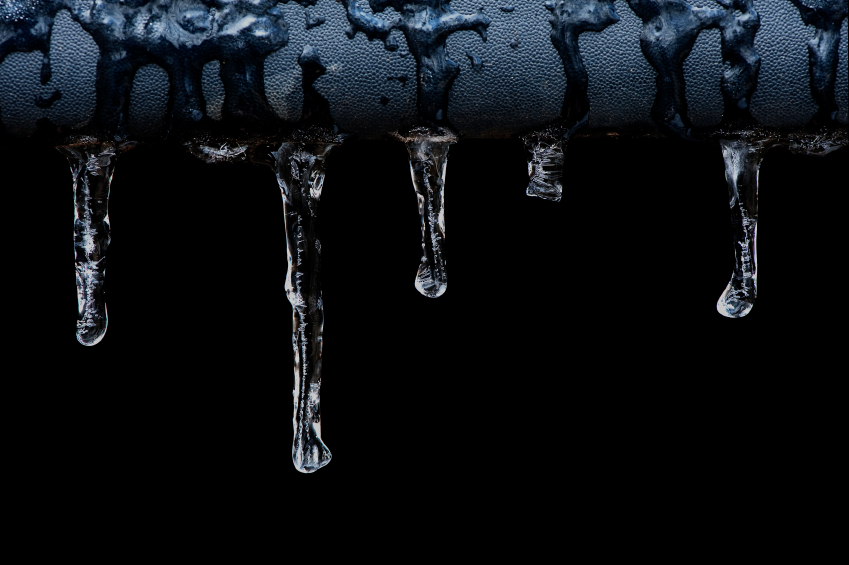
|
Frozen sprinkler system piping that bursts can cause serious water damage just like any other burst pipe. But, it can also create additional problems for your business.
Frozen Pipes
Sprinkler system piping, like all piping, is at risk when uninsulated piping is located in an unheated space, like an attic space or above a dropped ceiling. This is rarely an issue with newly-installed systems—wet-pipe sprinklers in particular are not supposed to be installed in unheated spaces—but it is often an issue in spaces that have been remodeled.
For example, if a space is remodeled for use as office space, and a dropped ceiling is installed, the construction contractor may simply add piping to lower the sprinkler heads through the dropped ceiling. This leaves exposed sprinkler piping in an unheated space, vulnerable to freezing and bursting. Drywalling over sprinkler piping can have a similar effect.
In addition, sprinkler system piping that is not regularly inspected may corrode, and corroded piping is more vulnerable to freezing and bursting.
Your one-stop safety management resource, available 24/7. Go here to take a no-cost site tour or here to try it in your own office!
Know Your Sprinkler System
To protect your system, you should inspect it whenever you alter the layout, finish, or purpose of your space in any way that affects your sprinklers. Not only is this important for safety reasons—if you change a space from a warehouse occupancy that is lightly staffed to an office occupancy that is more heavily staffed, you may need to beef up your sprinkler coverage—it is also important for system integrity in cold climates. A professional inspection can identify places where your sprinkler piping is at risk.
You should also be aware of the sound your system makes when it releases water. Your sprinkler system is equipped with a water flow detection alarm called a “water gong” that sounds when water flows through the system. If the water gong is sounding, but you don’t have a fire, then you have a leak—and if you have water leaking in your facility, you have a problem that needs to be addressed immediately.
Know Your Monitoring System
Some sprinkler systems are monitored by an off-site third party. When flow is detected in the system, the monitoring agency will notify the fire department. You should know if your system is monitored and who is monitoring it. If your system is not being monitored, you will be responsible for identifying and addressing any leaks that occur in the absence of a fire.
Great news! BLR’s renowned Safety.BLR.com® website now has even more time-saving features. Take our no-cost site tour! Or better yet, try it at no cost or obligation for a full 2 weeks.
Know What to Do When Your System Is Down
If there is a problem with your system, it will have to be taken out of service until it is repaired. The fire department can shut down your sprinkler system, but generally they won’t repair it for you; you’ll need to know who to call for that.
You’ll want to have your system repaired quickly. If you are in a building where sprinklers are required, you’ll need to use alternate protection while your sprinkler system is out of service. “Alternate protection” generally means a 24-hour fire watcher. Your fire department might do that—for an hourly rate. So, the sooner your system is back in service, the better.
Burning to learn more about fire safety? Safety.BLR.com® is a cool-headed resource.
